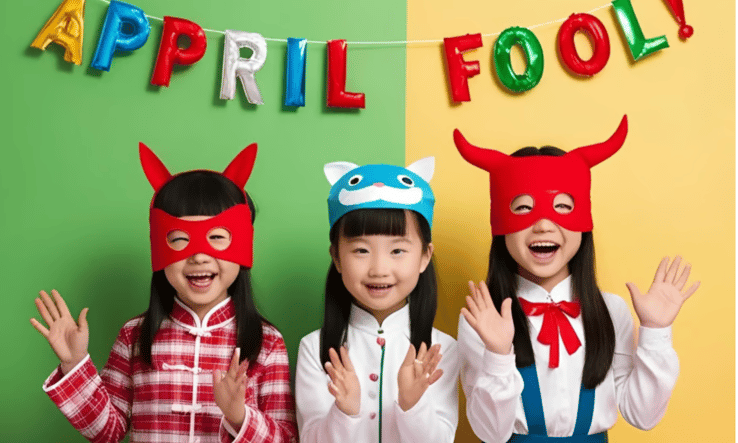April Fools’ Day: The Origins of a Playful Tradition 🎭😆
Every year on April 1st, people around the world enjoy a day of tricks, jokes, and playful deception. But how did this tradition begin? While its exact origins remain unclear, several historical theories attempt to explain the custom.
CULTURE
3/30/20251 min read


Possible Origins of April Fools’ Day
The Calendar Shift Theory
One theory links April Fools’ Day to the 1582 calendar reform when France switched from the Julian to the Gregorian calendar. The new system moved New Year’s Day to January 1st, but some people either didn’t know about the change or refused to accept it, continuing to celebrate in early April. These individuals became the subject of pranks, earning them the nickname “April Fools.”
Influence of Ancient Festivities 🎭
Some historians believe the tradition draws inspiration from ancient and medieval celebrations:
Hilaria (Ancient Rome): A festival where disguises and playful deception were common.
Feast of Fools (Medieval Europe): A day dedicated to reversing roles and engaging in humorous antics.
British & European Traditions 🇬🇧🇪🇺
By the 18th century, the custom of playing April 1st pranks had become widespread in Britain and Scotland. Over time, the tradition spread globally, with each culture adopting its version of the holiday.
April Fools’ Day Today 🎉
From lighthearted office pranks to elaborate social media hoaxes, April Fools’ Day has become a celebration of creativity and humor. Even major companies and news outlets participate, crafting fake stories that entertain (and sometimes fool) millions!
Have you ever been tricked on April Fools' Day?
